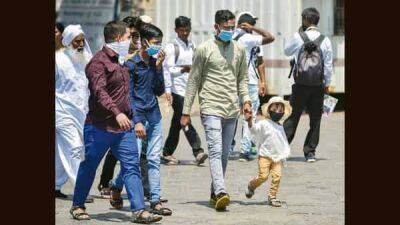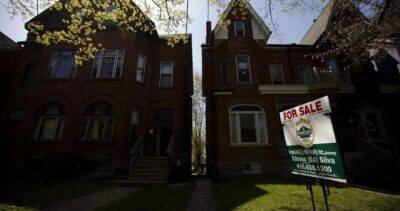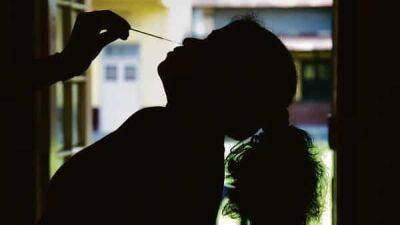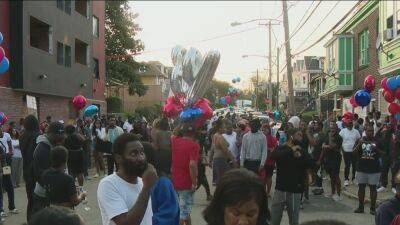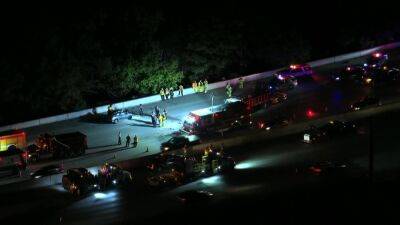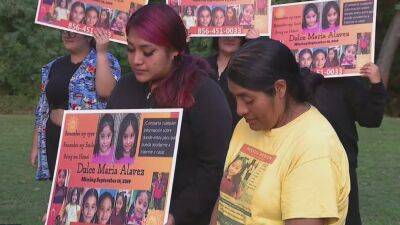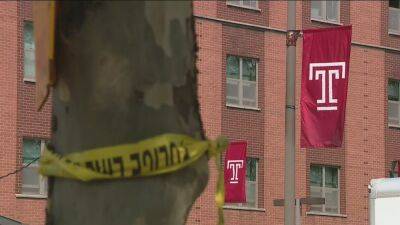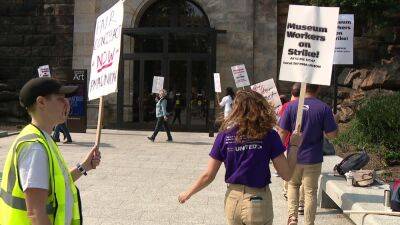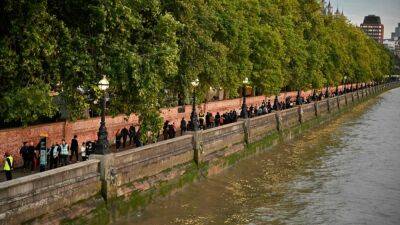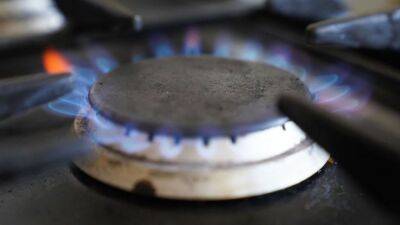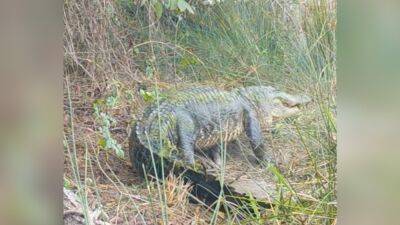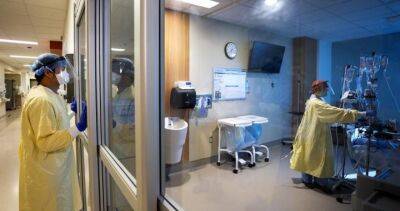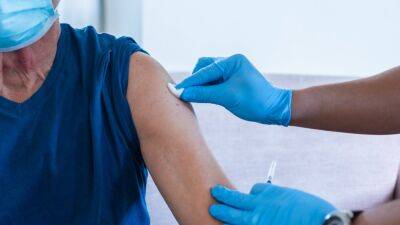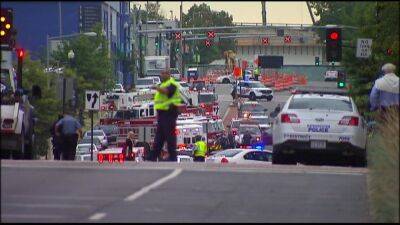Children living near fracking sites have higher rate of cancer, Yale study finds
FILE - A home with a nearby derrick drilling for natural gas near Calvert, Penn. (Robert Nickelsberg/Getty Images)A recent study from Yale School of Public Health found evidence of a higher risk of children developing leukemia if they lived near unconventional oil and gas (UOG) developments, also known as hydraulic fracking sites.
The peer-reviewed study published on August 17 in the journal Environmental Health Perspectives found that children who were born and lived near these fracking sites were two to three times more likely to be diagnosed with cancer between the ages of 2 and 7.
Researchers observed nearly 2,500 Pennsylvania children, 405 of whom were diagnosed with acute lymphoblastic leukemia, the most common type of cancer in children, according to a news release about the study.
Acute lymphoblastic leukemia, also known as ALL, is a type of cancer that causes mutations in the lymphoid immune cells. The long-term survival rates are high among children who are diagnosed with this type of cancer, however, this puts them at higher risk of developing other health problems and psychological issues, according to the study’s authors.
Read more on fox29.com

